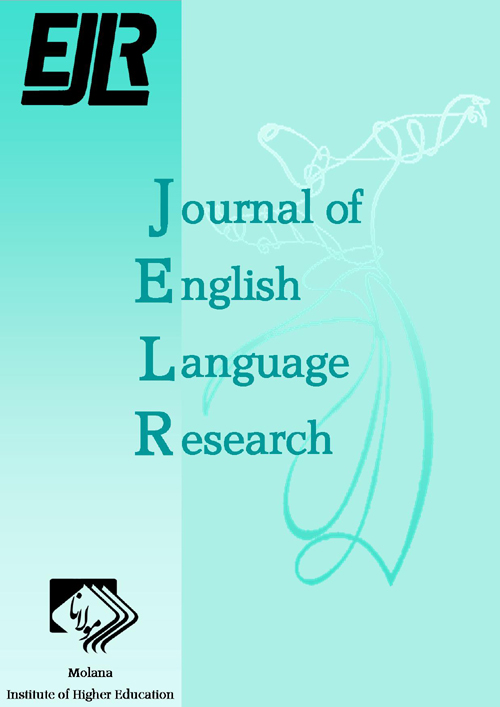The Impacts of Iranian Translator’s Ideology on Manipulating the Discourse Structure of English Political News
Ideology is a crucial factor that has an impact on translation products and processes. Political news texts are among those linguistic texts that undergo the effects of ideology. Translators in the process of translation transfer the semantic and ideological meanings of the given text and may leave their ideological traces in the target text. The present study aimed to critically analyze the impacts of the translator’s ideology on manipulating the discourse structure in translating political news. To this aim, 50 Iranian English Translation students (master’s degree) from some significant State and Azad universities in Iran were randomly asked for translating a political news text. To achieve this objective, the performance of 50 Translation students on translating a political news text was analyzed by two experienced translation raters based on Van Dijk’s ideological square and his categorization of ideological discourse structure. The results of critical discourse analysis of translation texts indicated that participants ideologically manipulated the eight elements of categorization of the discourse structure of Van Dijk’s CDA framework, including the disclaimer, polarization, presumption, authority, categorization, repetition, euphemism, and victimization, to emphasize the positive aspects of the ‘Us’ group, de-emphasizing the negative aspects of ‘Us’ group, emphasizing the negative aspects of ‘Them’ group, and de-emphasizing the positives aspects of ‘Them’ group. In addition, categorization and victimization were the most frequent discourse structures employed by Translation students to reveal their ideology in Translation.
- حق عضویت دریافتی صرف حمایت از نشریات عضو و نگهداری، تکمیل و توسعه مگیران میشود.
- پرداخت حق اشتراک و دانلود مقالات اجازه بازنشر آن در سایر رسانههای چاپی و دیجیتال را به کاربر نمیدهد.


